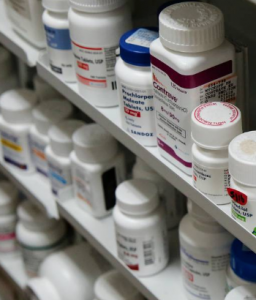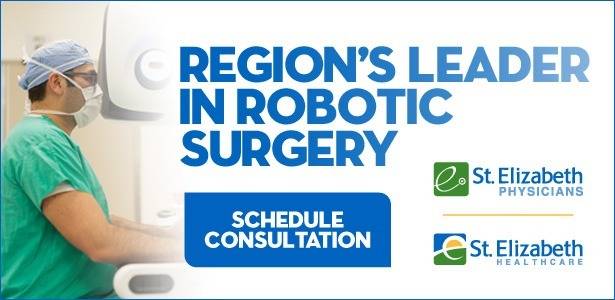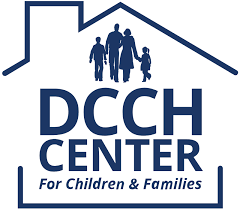In the heart of cold and flu season, the U.S. Food and Drug Administration is warning consumers not to overuse medications containing acetaminophen, commonly found in over-the- counter medications.
If you have flu symptoms and have been getting some relief by taking a cough and flu medicine every few hours or have a headache and grab a couple of acetaminophen tablets (Tylenol, paracetamol and panadol) to treat the pain, be cautious — and aware.

More than 600 medications – both prescription and nonprescription (or over-the-counter, OTC) – contain acetaminophen to help relieve pain and reduce fever. Acetaminophen, alone or in combination, is commonly used to reduce fever, and to relieve pain from headaches, muscle aches, menstrual periods, sore throats, toothaches and backaches.
Do not exceed the daily limit of acetaminophen when using a single medicine or combination of medicines containing this drug. Taken carefully and correctly, these medicines can be safe and effective, but taking too much acetaminophen can lead to overdose and severe liver damage.
Symptoms of acetaminophen overdose may include nausea, vomiting, abdominal pain, confusion and jaundice (yellow skin and eyes). Some people may have no symptoms after an overdose.
Symptoms may take several days to appear. And even when they become apparent, these signs may initially mimic flu or cold symptoms. Severe cases may require liver transplantation and can cause death.
The current maximum recommended adult dose of acetaminophen is 4,000 milligrams per day for all medicines you might be taking.
To avoid exceeding that dose:
• Be aware of the number of milligrams of acetaminophen in all the medicines you are taking.
• Don’t take more than one OTC medicine containing acetaminophen.
• Don’t take a prescription and an OTC medicine containing acetaminophen unless advised to do so by your health care professional.
• When your health care professional prescribes a drug, ask if it contains acetaminophen, and inform them of all other medicines (prescription and nonprescription) and supplements you take.
If you have questions about acetaminophen or any medication, talk to your healthcare provider. You may also contact the U.S. Food and Drug Administration’s Division of Drug Information at 1-855-543-3784 and 1-301-796-3400, or email druginfo@fda.hhs.gov.
U.S. Food and Drug Administration

















